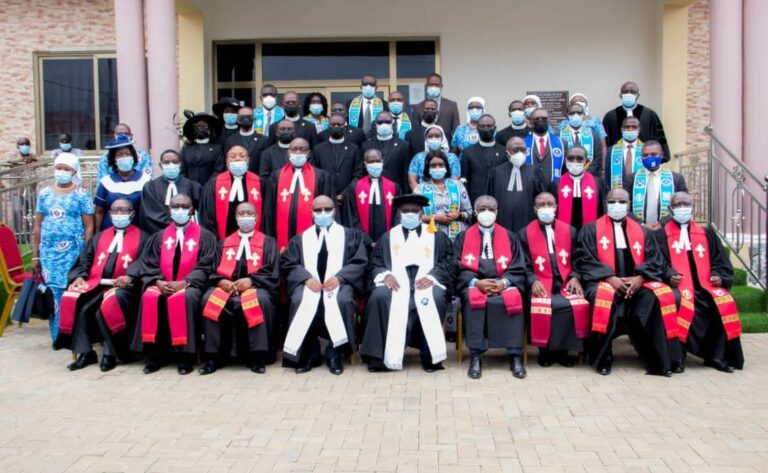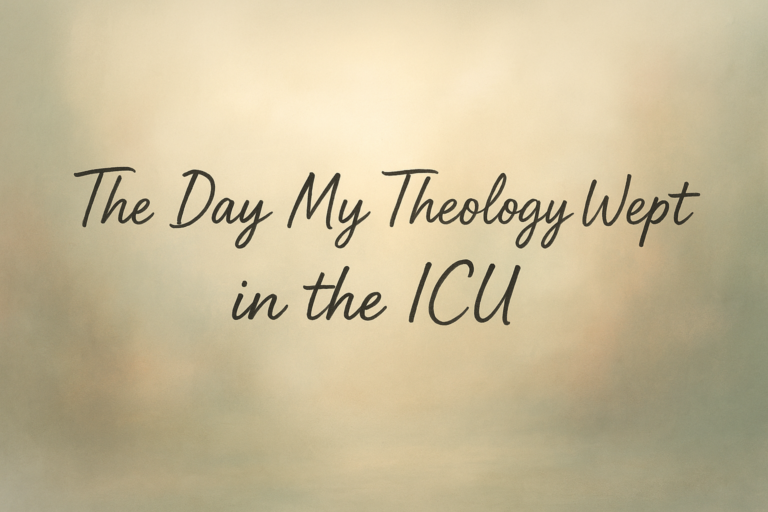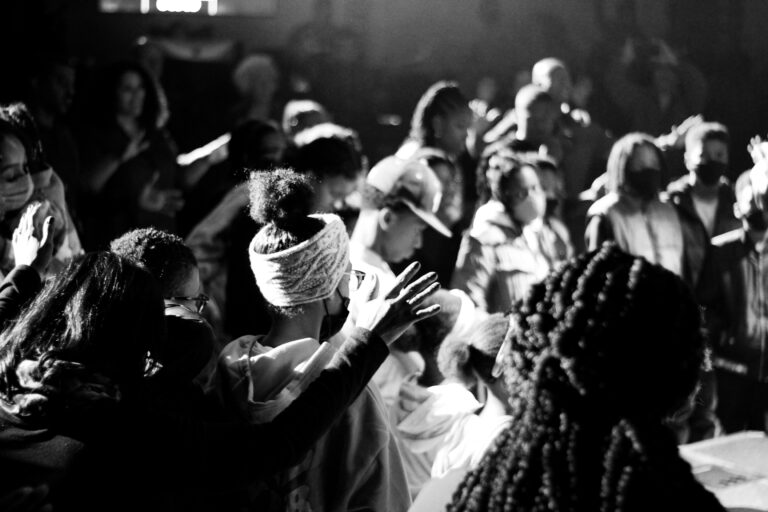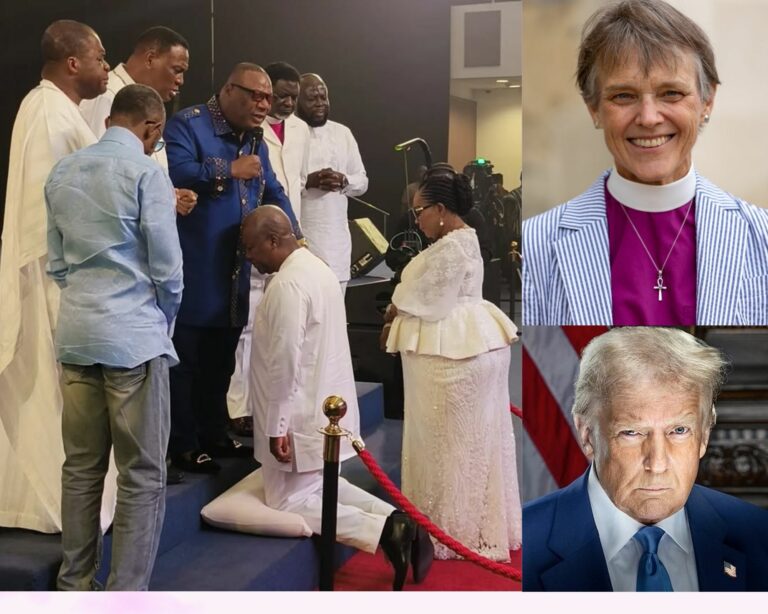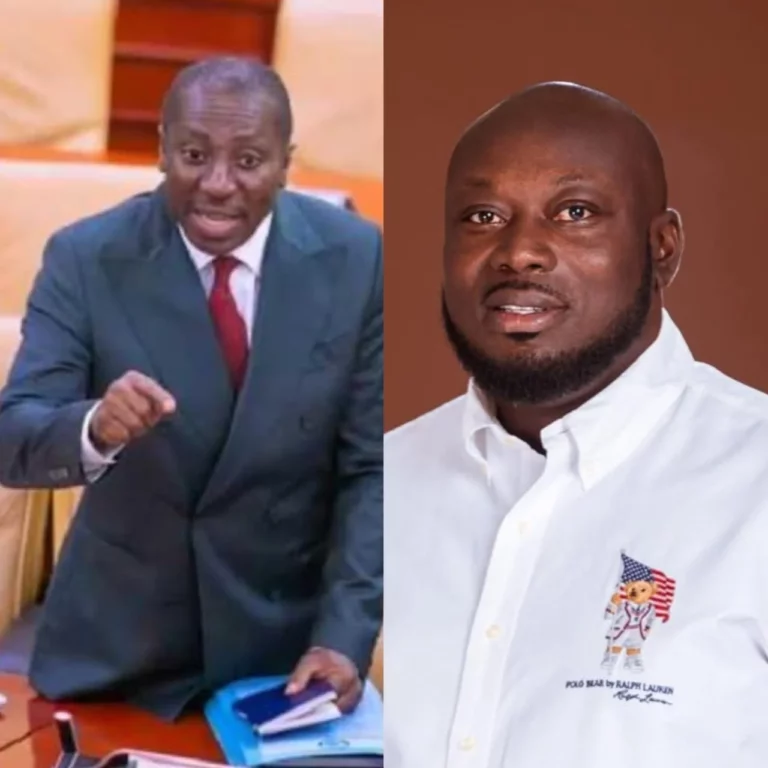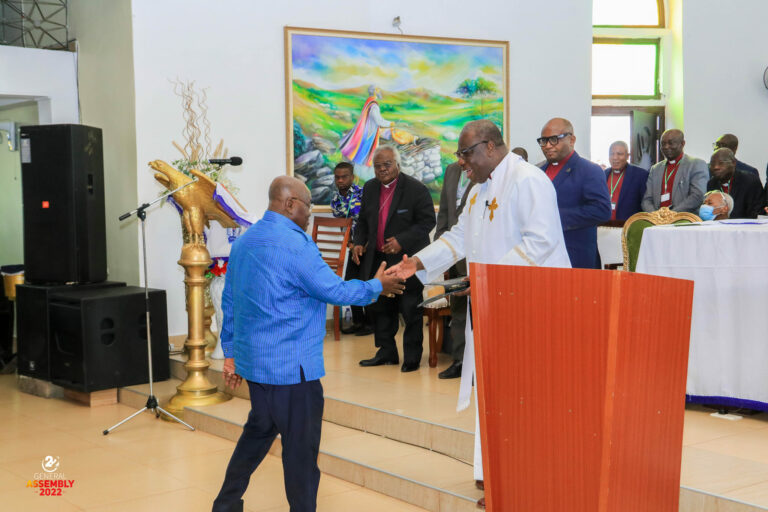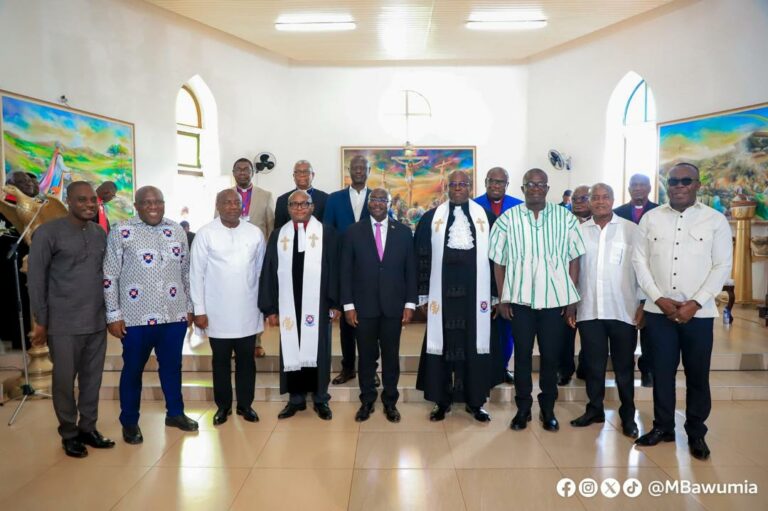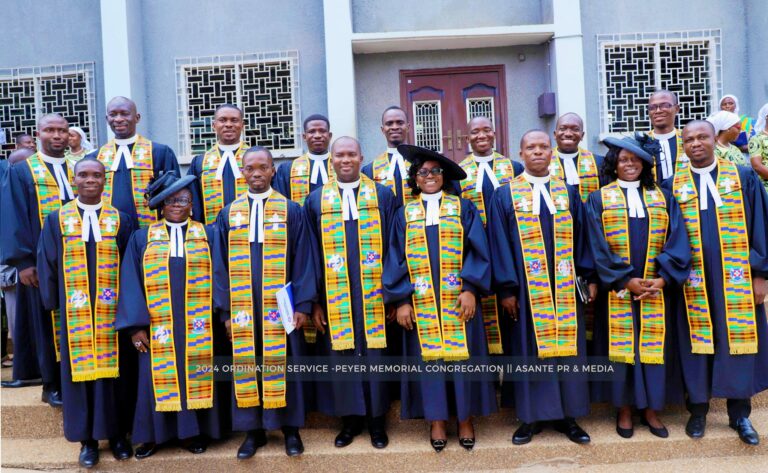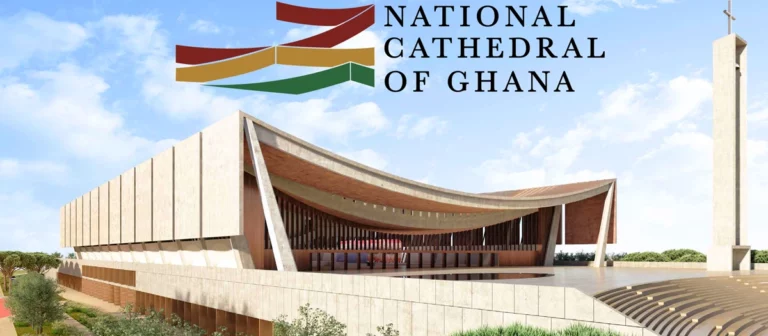Let me start by acknowledging that this blog has been a journey to write, one that I’ve found myself pausing on more often than I initially anticipated. There’s a weightiness to the topics I’m about to discuss, and I’ve hesitated out of a genuine concern not to be misunderstood or misinterpreted. The issues I’m addressing, both in this post and those to come, are sensitive and pivotal, particularly because of the reverence we hold for church leaders. It’s a delicate balance between reverence and the need for constructive critique.
Yet, despite the hesitations, I find myself compelled to speak out. My love for the Presbyterian Church of Ghana, runs deep. It’s the place where my faith was nurtured and where I’ve grown spiritually. So, as you read, please understand that my intentions are genuine, not born of vitriol. The main question of this blog is: why have pastoral visits of the principal officers of the church turned into “a cash cow production?”
The presence of our highest church leaders– Moderator or Clerk of the General Assembly– in our local congregations or districts is undeniably a source of great joy. It’s a moment that every member eagerly anticipates, a chance to take pride in meeting these esteemed leaders of the church. Their visit brings with it a renewed sense of vitality, awareness, and communal pride. During these pastoral visits, as they’re often called, these church leaders get into the grassroots issues of our congregations. They take the time to connect with and uplift ordained and nonordained workers of the church such as catechists, presbyters, and leaders of various generational groups. These interactions not only foster a deeper understanding of the challenges and successes within the church but also serve as moments of encouragement and support.
Moreover, these visits extend beyond the boundaries of our denomination. They provide a valuable opportunity for fostering ecumenical relationships, as the Moderator or Clerk extends greetings not only to fellow Presbyterians but also to non-Presbyterian entities such as traditional leaders and other community leaders. It’s a testament to the inclusive spirit of our church leadership and the broader reach of our faith community.
Yet, one issue that has quietly persisted over the years regarding these visits is the economic benefit they have on the visitors and the financial burden they place on the visited locals or districts. I will explain this, please read on.
But before that, let me provide a bit of context. When the Moderator, Clerk, or any other officer of the church visits our congregations, their expenses are typically covered by the same congregation through contributions to the head office. Essentially, the assessment allocations that all local congregations contribute factor into covering the transportation, allowances, insurance, and other expenses incurred by the Moderator, Clerk, or chairpersons during their visit. So, in essence, it’s the congregations themselves who finance these visits even before they happen.
Moreover, pastoral visitations are an integral part of the job description of the principal officers. Whether it’s attending commissioning or ordination services, these are part of the duties that ministers were elected to fulfill. Additionally, there are instances where individual congregations extend special invitations to a principal officer to attend their anniversary or dedication ceremonies. When they accept these invitations and travels, it’s the head office, funded by congregational assessments, that foots the bill for expenses such as transportation and allowances.
Now, onto the crux of my concern in this blog. Over the years, I’ve noticed a trend where congregations and districts raise substantial amounts of money as “akwangya” (see off) envelopes for the principal officers. For instance, my source affirms that, during a visit to a district in Ghana for an anniversary, one of the principal officers was presented with a thank-you envelope of GH¢10,000, not to mention the additional envelopes pushed under his sleeves by other districts as “Papa-take-this-for-water envelope.” Sometimes, after touring a presbytery in Ghana, these ministers go home with huge sums of money. Similarly, during a visit to the U.S. in 2023, a small congregation I attended was billed approximately $1000 by the presbytery as their contribution to a principal officer’s “Akwangya sika” (see-off money). It’s important to note that this is just one congregation out of over 20 in the U.S. If each congregation is levied and contributes $1000 (some gave more), a principal officer could leave the shores of the U.S. with dollars of money for a two-week visit, even though his trip to the U.S has been financed by the head office. Often, principal officers visit Europe presbytery before or after their U.S. visits. Therefore, in a matter of few months of visiting America and Europe, as part of their mandate, do we not give huge purchasing power to these officers, and make them rich overnight? Yet, it’s the congregations that bear the financial brunt. Sometimes, congregations owing assessments choose to lavish Papa with a hefty envelope rather than fulfilling their commitments to the head office. This behavior stems partly from local and district ministers wanting to gain favor with Papa for potential transfers, thus ensuring “Papaanoom” are well taken care of during their visits. Recently, even chairpersons and district ministers have followed suit, expecting grand send-offs upon their visits, and sometimes even providing lists of desired items from the congregations they visit.
The preparations for the arrival of principal officers often leave congregations financially strained, with many going broke after their departure. While these pastoral visits are undoubtedly necessary, they impose significant financial burdens on congregations while offering economic gains to the visitors. I’m not against showing appreciation to these principal officers during their visits – all the examples I’ve given exclude individual gifts they may receive. However, my concern lies in questioning the necessity and ethics of these “see off” envelopes. If the church–head office already covers the expenses of these visits through assessments, should congregations continue to give these envelopes, or be a levied to see off their visitors? Wouldn’t it be more ethical for principal officers to disclose the amounts they receive from these visits to the head office since the head office financed these trips already? These are the questions that linger in my mind, and I invite you to think about them as well.
The tradition of lavish “see off” envelopes bestowed upon principal officers of the church raises profound questions about ethics, stewardship, and the true purpose of pastoral visits. While gestures of appreciation are important, we must critically examine whether these practices align with the values of transparency, fiscal responsibility, and equitable distribution within our church. As we reflect on the economic burdens borne by congregations and the potential for unintended consequences on the integrity of church leadership, let us strive for a more conscientious approach—one that ensures the faithful stewardship of resources and fosters genuine, mutually enriching relationships between leaders and congregants. Ultimately, the journey towards addressing these complexities calls for collective introspection, open dialogue, and a steadfast commitment to the principles of justice and integrity within our church.
